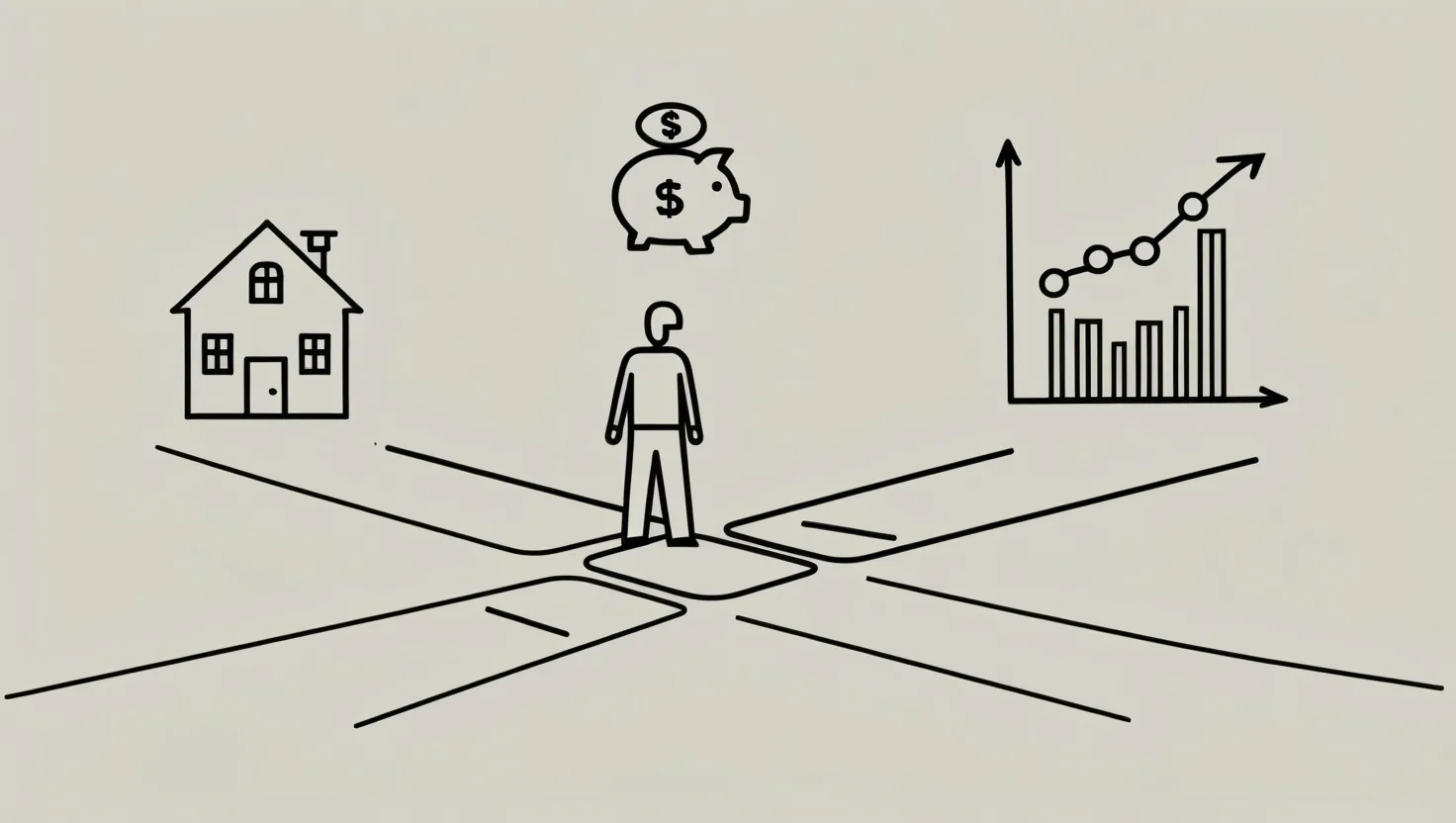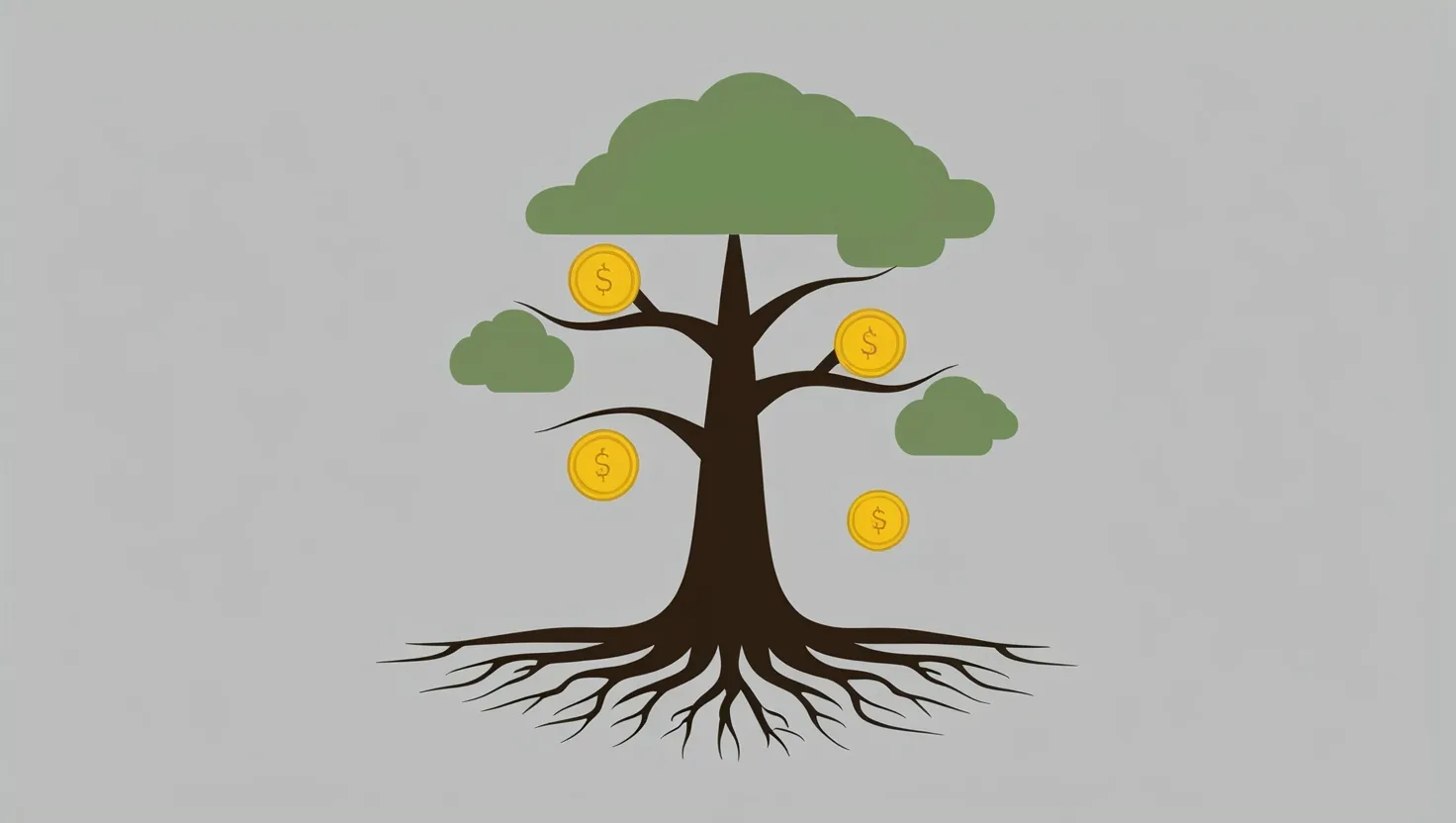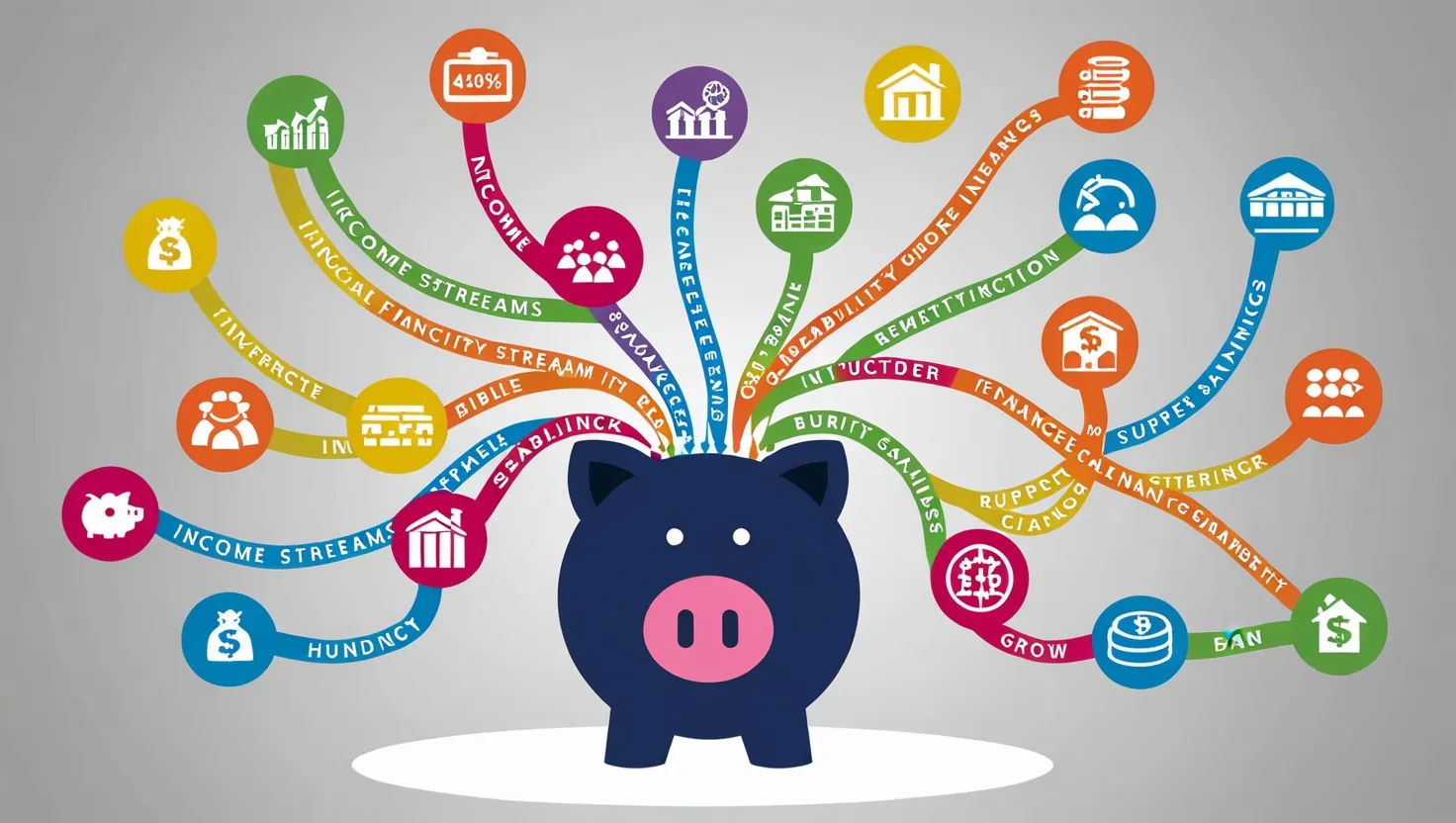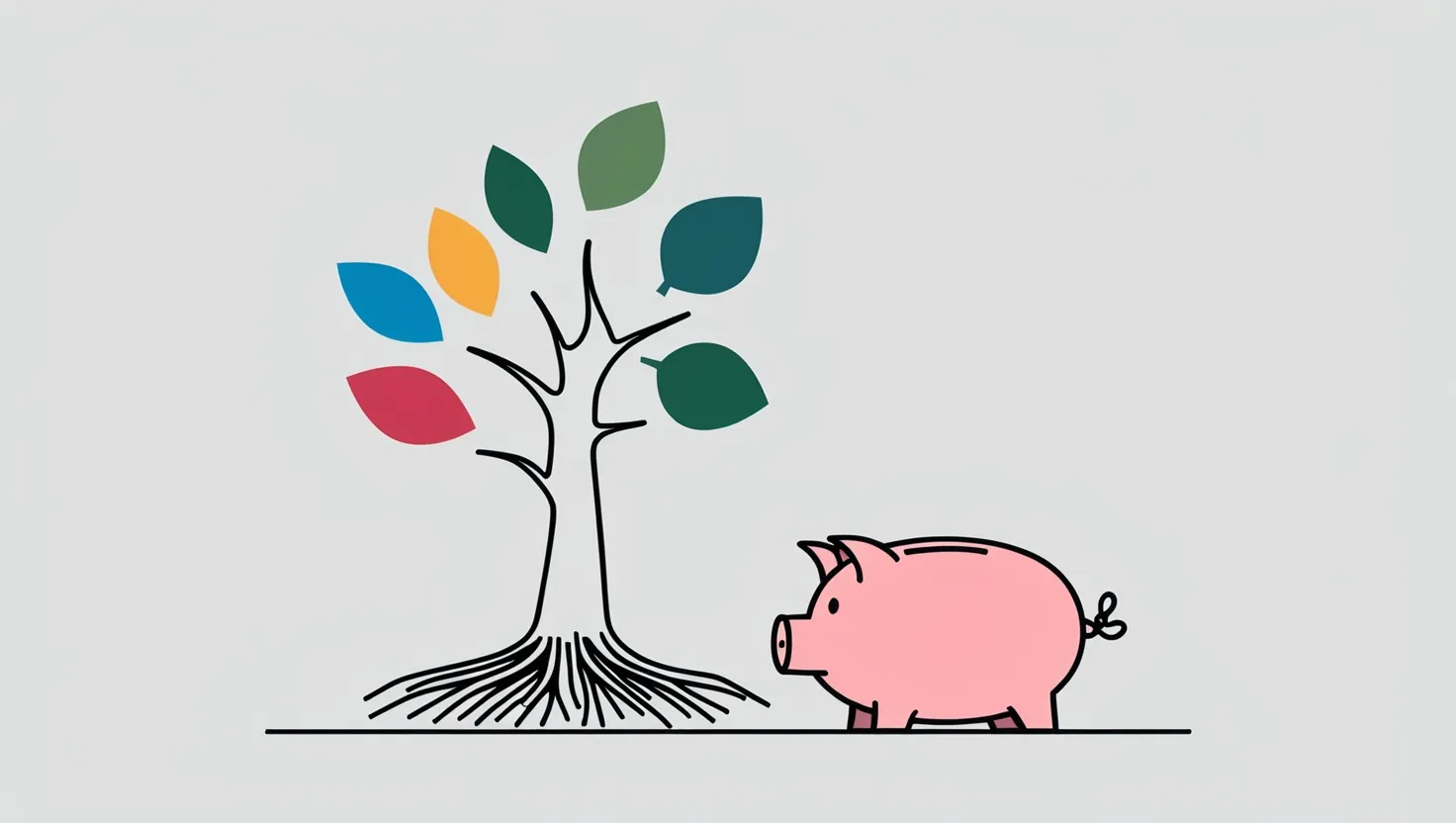Compound Interest: The Key to Exponential Wealth Growth Over Time
Discover the power of compound interest for wealth building. Learn strategies to maximize returns, minimize fees, and grow your investments over time. Start your financial journey today.

5 Unconventional Strategies to Accelerate Debt Repayment
Discover unconventional strategies to accelerate debt repayment. Learn about debt dash, cash windfalls, balance transfers, and more. Take control of your finances and achieve freedom faster. Read now!

7 Proven Techniques to Optimize Your Financial Decision-Making
Optimize financial decisions with 7 proven techniques. Learn to pause, analyze, seek advice, review past choices, improve literacy, manage emotions, and create a mission statement. Transform your financial future.

Transforming Your Financial Future: 8 Essential Mindset Shifts for Long-Term Success
Discover how shifting your mindset can transform your financial future. Learn key strategies for long-term success, from embracing growth to cultivating patience. Start your journey to financial freedom today.

7 Micro-Habits for Financial Success: Small Changes, Big Results
Discover micro-habits for financial success. Learn simple, powerful actions to boost savings, reduce spending, and achieve long-term financial stability. Start small, win big!

7 Proven Strategies to Build a Diversified Income Portfolio for Financial Stability
Discover strategies to build a diversified income portfolio. Learn about dividend investing, real estate, digital products, and more. Boost your financial stability and wealth today.

Maximize Wealth: 10 Tax-Advantaged Accounts You Need to Know
Maximize wealth with tax-advantaged accounts. Learn strategies for 401(k)s, IRAs, HSAs, and more. Optimize your investments and reduce taxes. Secure your financial future today.

7 Essential Steps to Build Your Financial Safety Net and Secure Your Future
Secure your financial future: Learn how to build a robust personal safety net with emergency funds, insurance, diversified income, and smart investments. Act now!

Debt-Free and Wealthy: 10 Proven Strategies to Conquer Debt and Build Wealth Simultaneously
Discover effective strategies to pay off debt while building wealth. Learn about debt repayment methods, smart investing, and budgeting tips to achieve financial freedom. Start your journey today!

Building Wealth Safely: The Ultimate Guide to Index Fund Investing
Discover how index fund investing can build wealth safely and effectively. Learn strategies for diversification, dollar-cost averaging, and long-term growth. Start your path to financial freedom today.

Mastering Zero-Based Budgeting: A Comprehensive Guide to Financial Control
Discover how to create a zero-based budget and take control of your finances. Learn practical steps to allocate every dollar, prioritize goals, and achieve financial stability. Start budgeting smarter today!

10 Unconventional Money-Saving Strategies to Boost Your Savings
Discover 10 unconventional money-saving strategies to boost your savings. From 'no-spend' days to bartering, learn how to cut expenses without feeling deprived. Start saving smarter today!

Effortless Wealth: 10 Ways to Automate Your Savings and Grow Rich
Automate your savings and watch your wealth grow effortlessly. Learn strategies for automatic transfers, round-up tools, and smart financial habits. Start building your secure future today!
